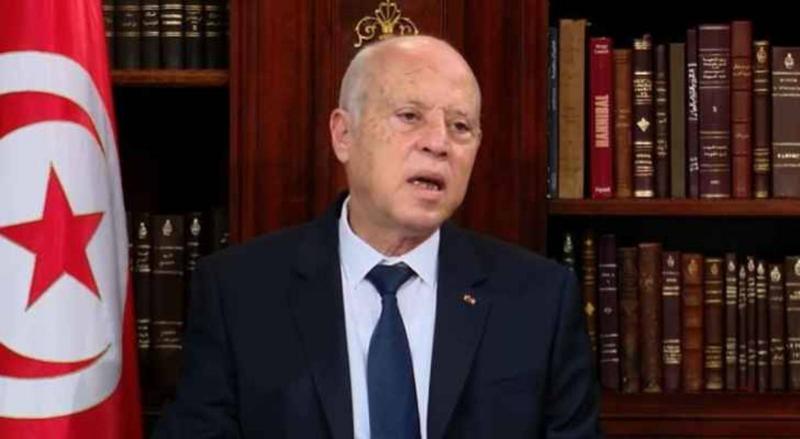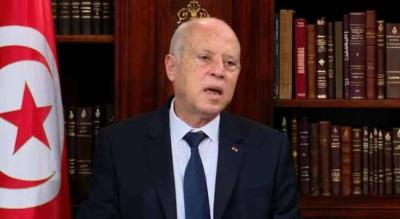Tunisian President Kais Saied stated on Saturday that increasing taxes on the wealthy could serve as an alternative to difficult social reforms in efforts to secure a financial rescue package from the International Monetary Fund (IMF). The Tunisian government reached a preliminary agreement in October with the IMF for a $1.9 billion loan in exchange for reducing subsidies, cutting public sector wages, and making reforms in state-owned enterprises. Credit rating agencies warned that Tunisia could face potential default on sovereign debt payments unless it secures this loan, which is also expected to lead to more bilateral funding flows.
The IMF indicated that Tunisia needs to make its financial situation more sustainable, expressing earlier concerns regarding the scale of public sector wage payments, subsidies, the low tax base, and unprofitable state-owned enterprises. Although the preliminary agreement was based on proposals put forth by the Tunisian government, Saied described the financial reforms outlined in the agreement as "impositions." The agreement and the disbursement of the loan cannot proceed without the approval of the Tunisian president.
In a phone call with his French counterpart Emmanuel Macron, the details of which were published by the Tunisian presidential office, Saied referred to the conditions of the IMF agreement as "a burning match beside highly explosive materials." He added, "An alternative proposal could be made that involves levying charges on those who do not deserve subsidies to fund a support fund that provides the desired justice." Saied also proposed "organizing a summit-level meeting with all relevant countries" to discuss the issue of illegal immigration across the Mediterranean. Tunisian state media reported on Friday that Italian Prime Minister Giorgia Meloni is set to visit Tunisia next week.




